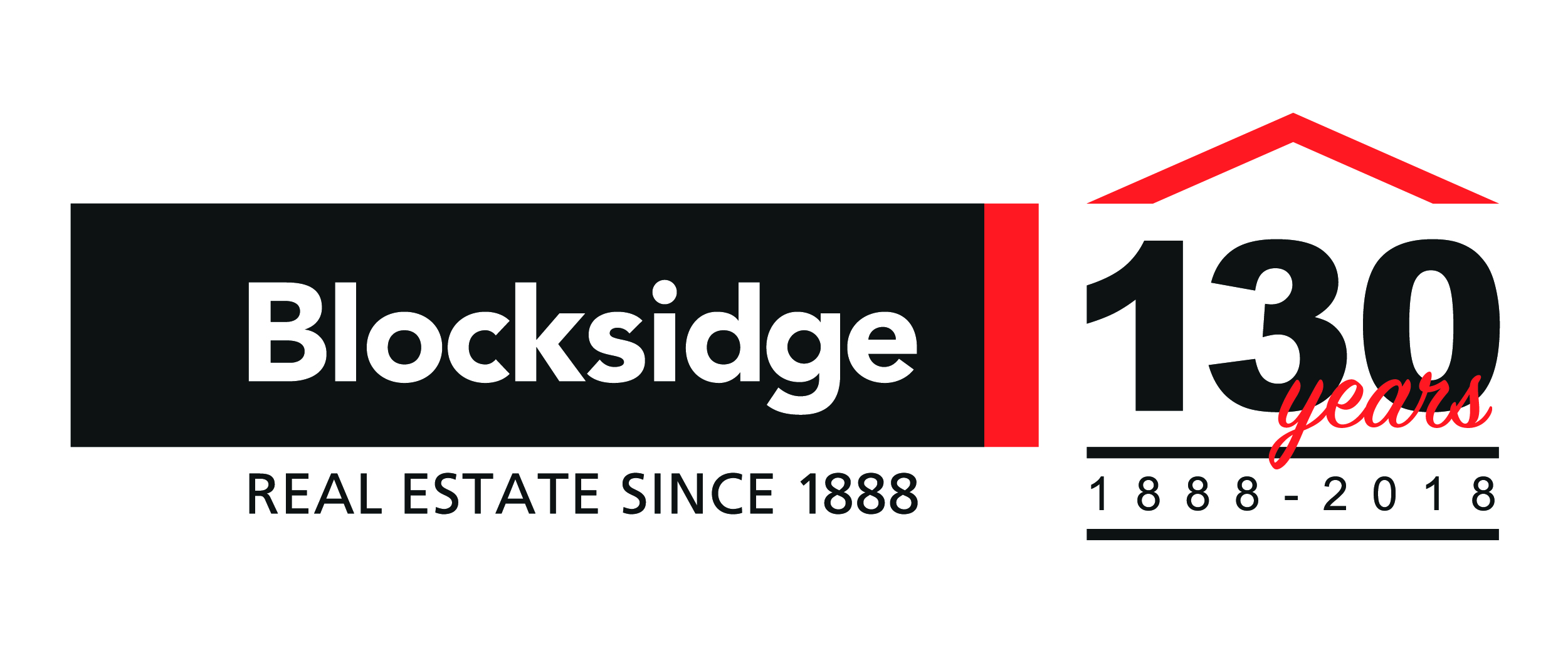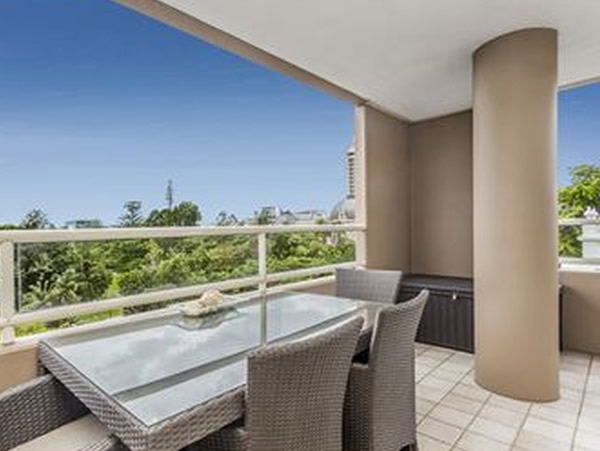Property Valuation
Tips to Obtaining a Great Property Valuation

It’s quite frustrating to have your home loan application knocked back or the loan amount reduced because the valuation came in too low. Here’s some tips to get a great property valuation and glide your way through it.
Investors are periodically required to have their properties revalued in order to finance additional investments. For example, just say your property’s value has gone up by $50,000. Most lenders will let you borrow up to 80 per cent of that value ($40,000) which you could use as a deposit for another property purchase. To work out how much they’ll lend you, lenders will usually engage a property valuer. Below are some tips from industry insiders as to how investors can get the highest valuation figure possible?
The main things in a valuation are the size and functionality of the dwelling and the size and location of the land. So naturally the chances of a favourable valuation largely come down to your choice of property in the first place. Of course, it also depends on how the property market in general is going at the time. However, according to experts, there are a number of things you can do to make sure you achieve the best valuation possible on the day.
1. Presentation
Presentation is the most important thing to consider when you have an upcoming valuation.
Consider everything from the gardens to removing clutter from inside the house. First impressions do count, even with a valuer. If a property presents very well, as it would to a prospective buyer, then that is going to be more favourable.
Prepare the property as if you are getting ready for an open for inspection. You certainly wouldn’t leave the kitchen in a mess, or all your dirty clothes all over the bedroom floor. The yard should also be mowed and edges trimmed. Complete all those odd jobs to make the best impression.
2. Recent Sales Evidence
If you are aware of sale prices achieved at any recent sales in your area, have that information available for the property valuer. A great time to get a current valuation is when there are two or three recent sales that are very similar to the property being valued.
A good way to keep up to date with sales in your area is to attend local auctions. And if it’s an auction or a private sale, keep the sales brochure so that your valuer can track down the agent to confirm the sale price.
If you wanted to be really helpful you could put together a report detailing three or so comparable sales within about 500 m of the property over the previous six months. Generally the valuer will be aware of the sales data, but in some cases they won’t. So it can be beneficial to make the valuer aware of them.
3. A Rates Notice
Some valuers may ask for a copy of your council rates. There will generally be a “site value” or “unimproved land value” figure reflecting the value of the land only. And sometimes there will also be an “improved value”, based on the land and building. They are based on a statistical analysis, so it’s not accurate but it does provide a guide.
4. Honesty Is The Best Policy
Valuers have heard every story and trick in the book and can see through that pretty quickly. The more honest people are, the more favourably the valuer will look on the property and the application.
5. Carry Out Any Improvements Prior
If there are improvements to be made, make them before the valuer comes. What people have to realise is that the valuer has to value the property as they find it on the day. They can’t take into account any future improvements the owner is planning as they might never happen.
6. Provide Clear instructions
If you do have plans for future improvements and have obtained quotes and costs, you can request that the lender asks for an ‘as if complete’ valuation. This must be communicated to the valuer otherwise they will value as they find it on the day.
7. Recent Improvements
If improvements have already been made to the property you could provide a detailed list of works carried out and their cost. Ideally, project specifications or a building contract would show the valuer exactly what has been spent. Be aware, however, that cost does not always equal value.
8. Don’t Overcapitalise
While improvements and renovations can add value you should be cautious as to not overcapitalise. Improvements will increase the value of the property but not necessarily any more than what it actually cost to do the work.
9. Outdoor Living Areas
Something to consider is that outdoor living areas generally add more value than cost. If it is presented well and is functional it may improve the overall valuation of the property.
10. Kitchen and Bathroom
Kitchens and bathrooms are another area that if presented well, aren’t dated and are functional, then that will also have a positive impact on the valuation.
11. Etiquette During Valuation Inspection
A typical three bedroom home wouldn’t take an experienced valuer much more than 10 minutes to inspect inside and out, so don’t think that you have to give them the run down to make sure that they haven’t missed any part of the property.
You certainly don’t need to follow them around mentioning every feature of the property. It’s best to leave it up to the expert to decide which features add value.
12.Patience
Don’t expect that the valuer will tell you what they think the property is worth immediately. After the inspection they need to consider at least two different methods for determining the property’s value.
Two common methods for residential property are “direct comparison” and “summation”. Direct comparison involves analysis of recent sales of similar properties in the area. With this method the valuer takes into account factors which differentiate your property from those in the comparison sample, such as location, size, quality of the dwelling and views.
Using the summation approach, the valuer assesses the land value (sometimes based on a comparison of vacant land sales), and then includes the “added value” of the improvements on the land (i.e. buildings). The added value is based on market evidence and is sometimes analysed on a rate per square metre basis.
The valuer probably won’t be comfortable giving you an answer until this determination is complete.
In Summary!
For the best possible result, keep the place neat and tidy, provide any information to the valuer which might support your case, and then leave them in peace to get on with their job.
Sourced in part from an article previously seen in Australian Property Investor



